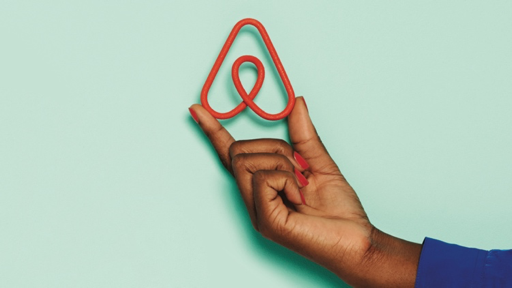By Benjamin Carroll
During the 2017 Super Bowl, Airbnb launched an advertisement that espoused unity, multiculturalism, and acceptance. The ad read, “we believe no matter who you are where you’re from who you love or who you worship we all belong the world is more beautiful the more you accept #weaccept.” Yet for years, the multicultural users of Airbnb have reported an entirely different reality. They report a home sharing service where they are consistently discriminated against and treated like second class citizens. The network is in fact so ripe with discrimination cases that in September 2016, Airbnb began an initiative to punish network users who discriminate when renting their property. From the outset of these efforts, Airbnb involved Laura Murphy, former head of the Washington DC division of the ACLU, to spearhead an internal review aimed at stopping the network-wide discrimination problem. Shortly after an evaluation, which determined Airbnb could reduce discrimination, Brian Chesky, the CEO of Airbnb sent a letter to the entire network of users. He then updated the terms of service which forced users to sign a community commitment statement, the company made user photos less prominent, and the company will be rolling out an instant booking feature that will mean hosts no longer get to approve guests individually.
But were these changes made altruistically by a company that is truly dedicated to stopping discrimination on their platform? On November 1, 2016, Airbnb effectively blocked a lawsuit by arguing that an arbitration clause was enforceable, forcing a pending class action founded on discrimination to arbitrate its claim. The lawsuit specifically criticized the hosting program’s commercial design, which allows hosts to see photos of potential guests, systematically discriminating against African-Americans. It seems the entire diversity push being marketed by Airbnb may be just a play to avoid the resurgence of future legal action against the company. By stating Airbnb is a company dedicated to inclusion, hiring legal experts in inclusion, and changing their software to prevent discrimination, Airbnb is making changes that should have been in place from the beginning. Now, they want a younger market to see these advertisements and applaud their virtues. Airbnb likely only adopted these changes to prevent more discrimination based lawsuits and protect the image of the brand.
Student Bio: Benjamin is a staff member on the Journal of High Technology Law. He is currently a 2L at Suffolk University Law School. He possesses a BSBA in Accounting and a BA in Public Administration from Stonehill College.
Disclaimer: The views expressed in this blog are the views of the author alone and do not represent the views of JHTL or Suffolk University Law School.

